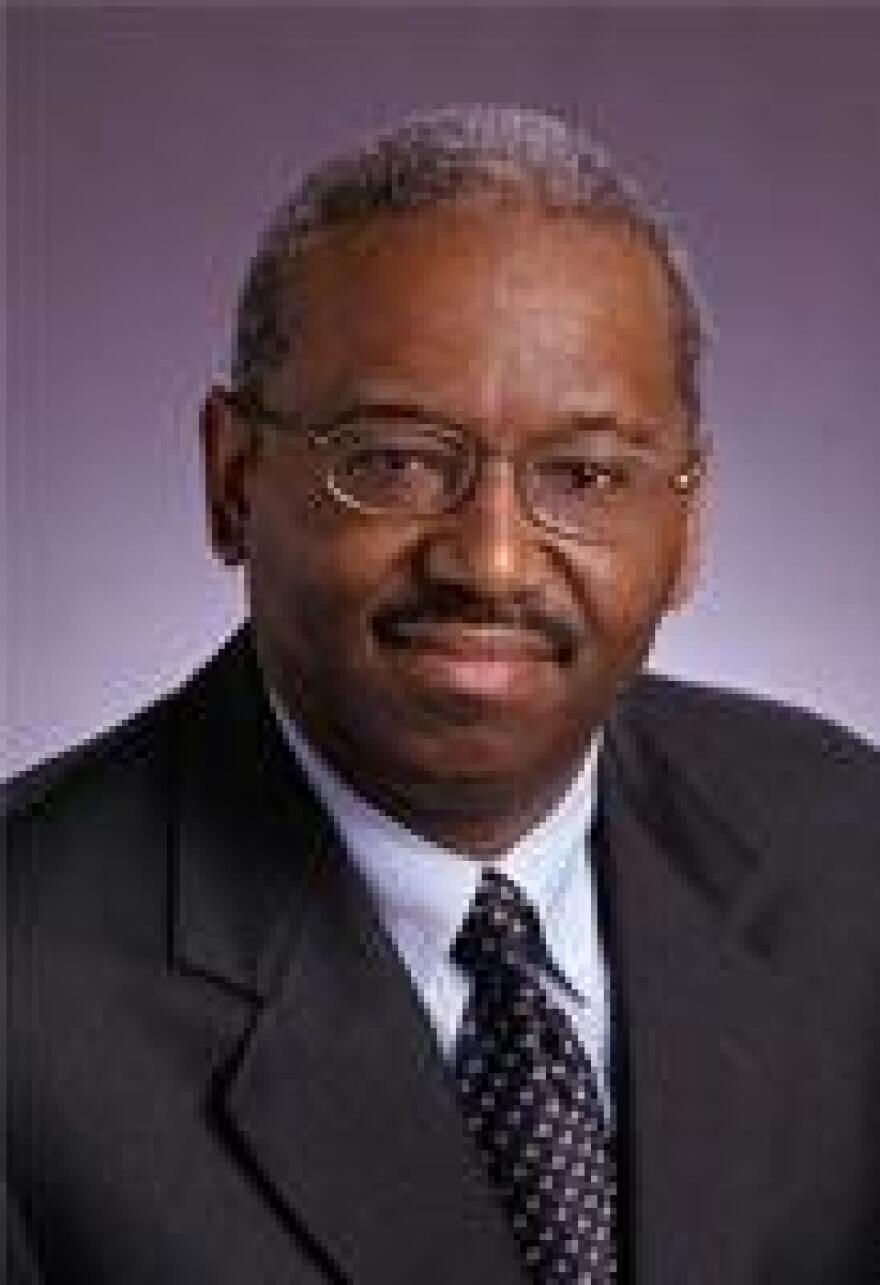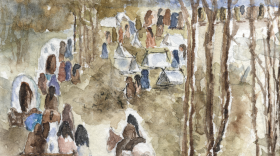As the U.S. House and Senate consider legislation to finally make lynching a federal crime, a Kentucky historian who has written a book on racial violence said the shameful actions of the past have lessons for us today.
The anti-lynching legislation being considered by the Senate Judiciary Committee (S. 3178) and the House Judiciary Committee (H.R. 6086) is seen as a way to acknowledge the wrong done by the lynching of more than 4,000 people, mostly African-Americans, from the mid-1800s through the mid-1900s.
The legislation mentions the opening in April of the National Memorial for Peace and Justice in Montgomery, Alabama that is dedicated to the legacy of African-Americans terrorized by lynching.
Kentucky native George C. Wright is president emeritus of Prairie View A&M University in Texas and author of the book Racial Violence in Kentucky 1865-to 1940: Lynchings, Mob Rule and "Legal Lynchings." He said understanding the reasons behind lynching has lessons for today.
“If you put it into a larger context maybe you’re talking about what happens when one group of people have the power and other people have no recourse, i.e. look at the MeToo movement, powerful people abusing other people,” said Wright.
He said the recent attention to lynching could lead to important conversations about racial, ethnic and religious issues in America.
"All of a sudden, something that I’ve been interested in and I wrote about years ago, and I think with the attention of the new museum in Montgomery, all of a sudden people are interested in this, it seems like all over again,” said Wright, whose book on racial violence in Kentucky was published in 1990.
Wright stepped down from his position as president emeritus at Prarie View A&M and is returning to teaching, giving him more time to travel and do research on racial and other issues around the world. He has been to concentration camps in Europe, and has also studied racial and ethnic issues in Australia and Brazil.
Wright believes the way to calm and heal the tensions on these controversial issues is to encourage respectful dialogue among groups and individuals who have differences of opinion.
Kentucky has its own small lynching museum that tells the story of four black men lynched in 1908 for a crime they didn’t commit. That lynching museum in Russellville, opened 10 years ago.
© 2018 WKU Public Radio





